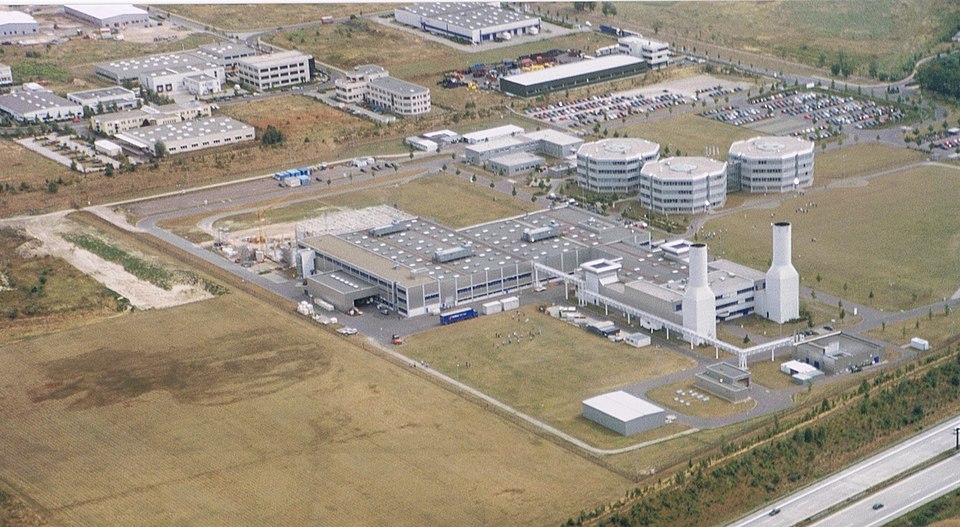
Rolls-Royce’s plan to power artificial intelligence (AI) with its nuclear reactors could catapult it to become the UK’s most valuable company, according to its CEO.
The engineering giant has signed agreements to supply small modular reactors (SMRs) to both the UK and Czech governments. While AI has surged in popularity since 2022, its high energy demands have raised both practical and environmental concerns. Rolls-Royce believes its SMRs could address this challenge.
CEO Tufan Erginbilgic told the BBC that these nuclear projects give Rolls-Royce the “potential” to surpass the largest firms on the London Stock Exchange. “There is no private company in the world with the nuclear capability we have. If we are not market leader globally, we did something wrong,” he said.
Since taking over in January 2023, Erginbilgic has overseen a ten-fold increase in Rolls-Royce’s share price. However, he has ruled out listing the company in New York, despite 50% of its shareholders and customers being US-based. “It’s not in our plan. I don’t agree with the idea you can only perform in the US. That’s not true,” he said.
Rolls-Royce already provides reactors for nuclear submarines, giving it a significant advantage in developing land-based SMRs. These smaller, faster-to-build reactors are expected to reduce costs as production scales. Erginbilgic estimates that 400 SMRs will be needed globally by 2050, representing a market worth over a trillion dollars. Rolls-Royce has signed deals to build six SMRs for the Czech Republic and three for the UK, though the technology is still unproven.
Concerns remain about the water demands of SMR and AI data center cooling systems. In the US, companies including Google, Microsoft, and Meta have signed deals to source energy from SMRs once available.
While SMRs are central to Rolls-Royce’s future, its largest business remains aircraft engines. The company already dominates engines for wide-bodied planes like the Boeing 787 and Airbus A350 and now aims to enter the narrow-bodied market, worth \$1.6tn. This sector is fiercely competitive, dominated by CFM International, a joint venture of GE Aerospace and Safran. Yet Erginbilgic calls this expansion “the single biggest opportunity for the UK for economic growth.”
Rolls-Royce’s reputation for British engineering excellence had waned in the early 2020s. When Erginbilgic took charge, the company was heavily in debt, unprofitable, and laying off staff. Two and a half years later, profits are expected to exceed £3bn, debt has fallen, and shares have risen ten-fold.
Industry observers credit the turnaround to a mix of market conditions, steady leadership from Erginbilgic’s predecessor, and the CEO’s strategic vision. While some unions initially criticized job cuts, global headcount has since grown, and there is “grudging respect” for his leadership.
Currently fifth in the FTSE, Rolls-Royce appears well-positioned for further growth. Erginbilgic is confident that the company’s combined existing and new ventures could make it the UK’s most valuable company, overtaking the likes of AstraZeneca, HSBC, and Shell. With ambitious plans and a strong wind at its back, Rolls-Royce seems ready to set sail toward a new era of industrial dominance. Photo by Ingo Henseke, Wikimedia commons.



































